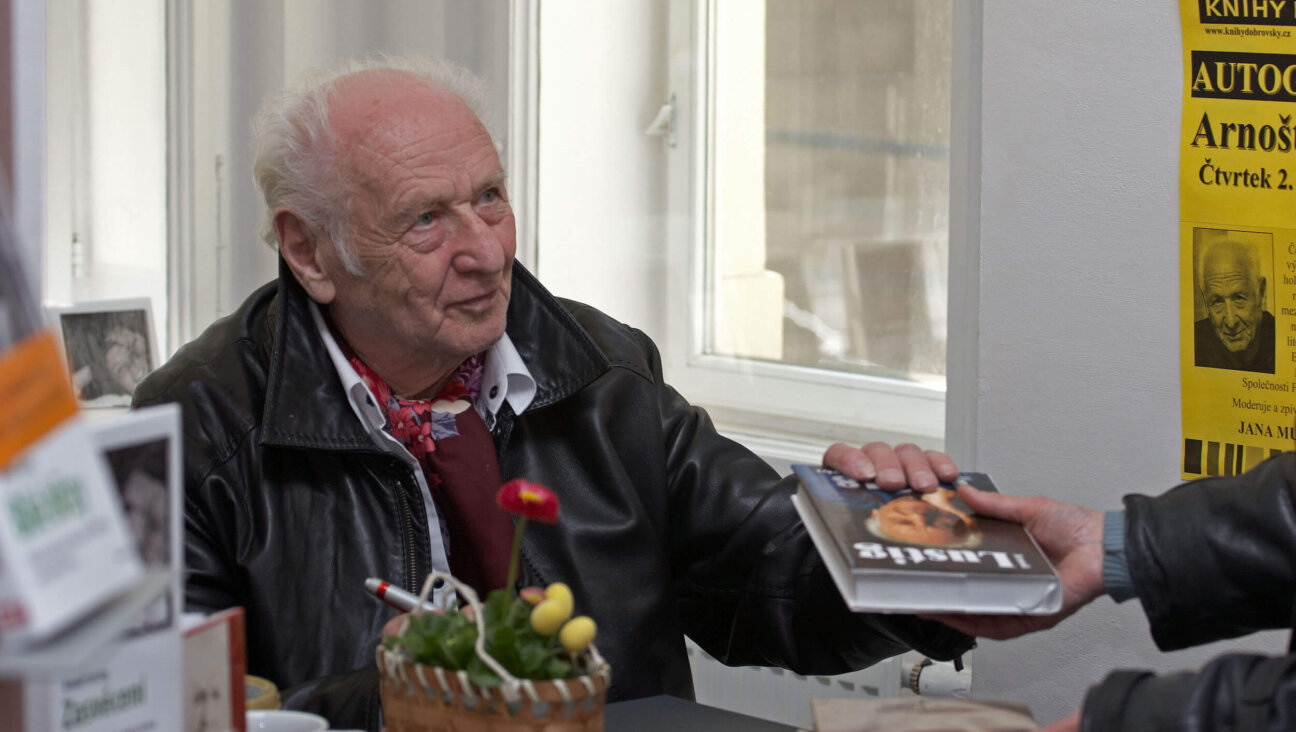Jerusalem Official: Areas East of Security Barrier Not Part of City
Yakir Segev, who holds the East Jerusalem portfolio in the Jerusalem municipality, made an uncharacteristic remark on Friday, declaring that the Palestinian neighborhood east of the separation fence were “no longer part of the city.”
Some 50,000 Palestinians, identification card holding residents of Jerusalem, live outside the separation fence. Most of them reside in the northern Jerusalem neighborhoods which are currently under near anarchy due to the fact that Israeli authorities? municipality, police, service authorities ? almost never enter this area and the Palestinian authorities also refrain from entering under Oslo guidelines forbidding them to operate within Jerusalem.
Speaking at Hebrew University, Segev, seen as a right-winger, said Thursday that the reality that has formed in the region is irreversible, and that the separation fence, which many Israelis credit with the dramatic drop in terror attacks perpetrated by Palestinians in East Jerusalem and the West Bank, was built for political and demographic reasons – not just security concerns. “The Jerusalem municipality has no hand in managing these neighborhoods, and doesn’t have the power to address the difficult situation facing the 55,000 people who live there,” he said.
“The State of Israel has given up,” he went on to say. “[The neighborhoods] are outside the jurisdiction of the state, and certainly the municipality. For all practical purposes, they are Ramallah.”
“Outside the half delusional right wing camp, I don’t know anyone who wants to enforce Israeli sovereignty over this area,” Segev continued.
“In order to address the problems of East Jerusalem, we must decide on the city’s political future,” he added. “It is difficult to convince decision makers and the treasury to enlist in helping East Jerusalem when its political future is uncertain.”
Segev also remarked on the phenomenon of Jewish settlements in the heart of Arab neighborhoods, saying that it was not something that the municipality could control. “The local committee makes a simple decision: Is this a residential area? Did the owner of the property submit proper permits? If there are no reasons not to approve the construction in terms of planning, why shouldn’t we approve? Because he’s Jewish? I think it is a terrible idea to build a Jewish neighborhood in the middle of Shuafat, in the middle of an Arab area. But at the end of the day, if a Silwan resident sells his home to a Jewish organization, willingly, who are you to butt in and tell him no? The Jerusalem municipality will not decide who lives where.”
“We will protect the Jews’ right to live there just as we would protect Arabs’ right to live elsewhere,” he concluded.














